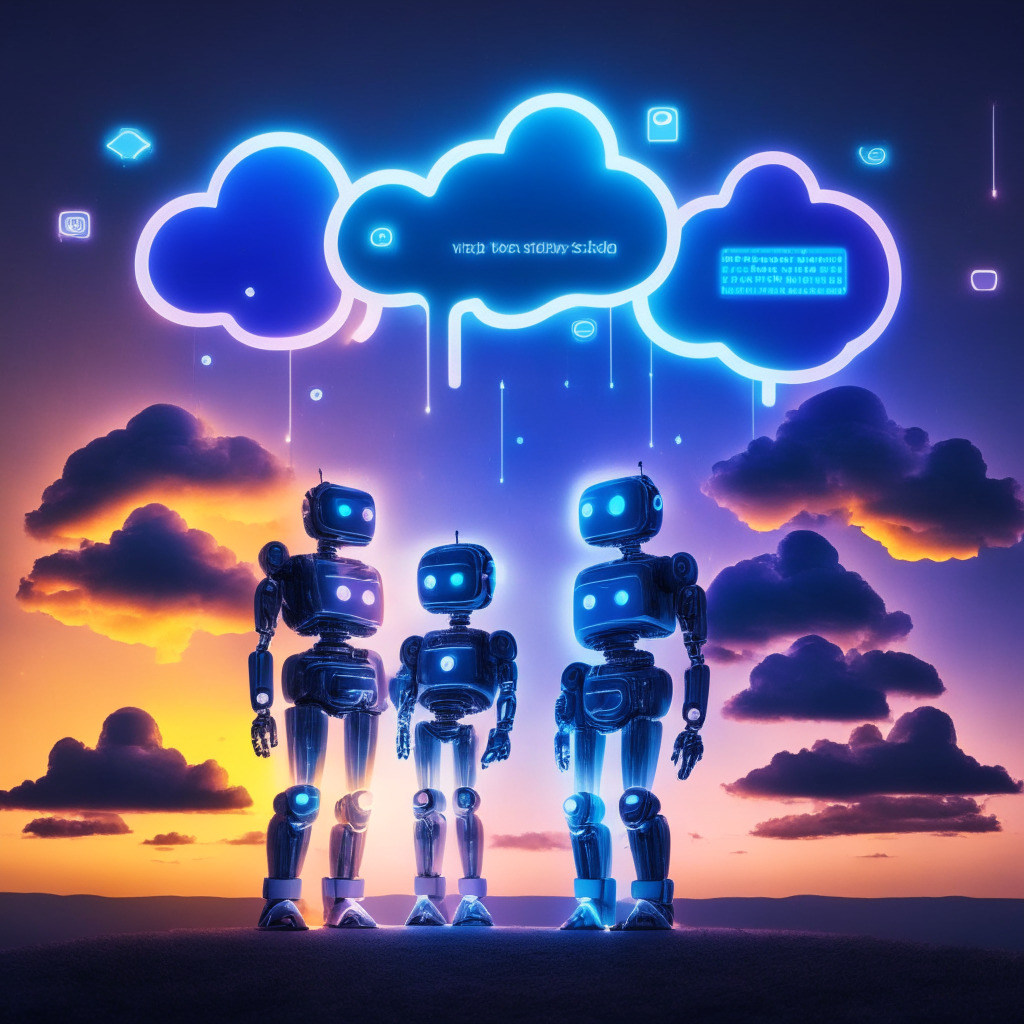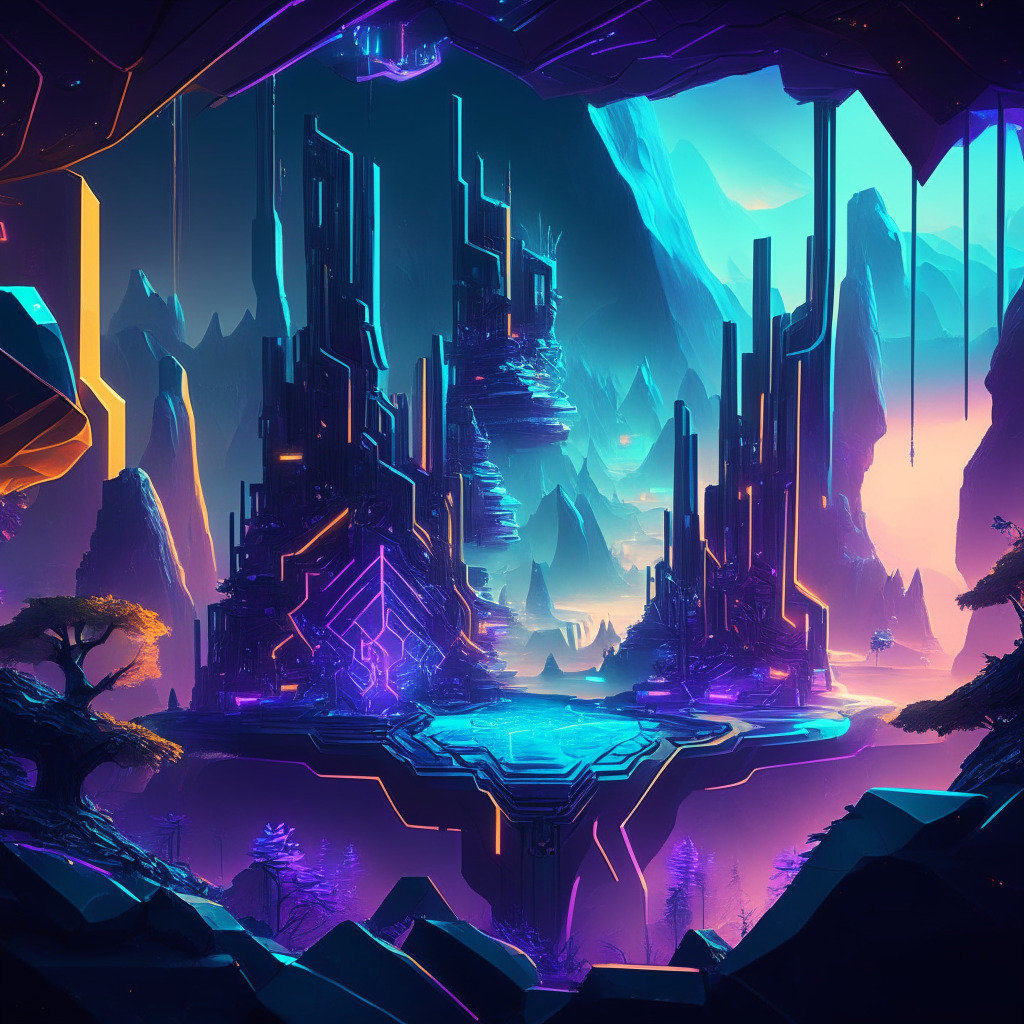Social media magnate, Mark Zuckerberg, aims to bring a new AI chatbot into the digital sphere, Meta AI. Developed as a response to OpenAI’s ChatGPT, Meta AI will interact with users across platforms such as Instagram, Facebook, WhatsApp, and forthcoming mixed reality devices.
Contrastingly to the “one-size-fits-all” approach of ChatGPT, Zuckerberg highlights Meta’s focus on creating distinct AI products tailored to specific use cases. To illustrate, Meta AI can contribute to group chats on Facebook Messenger, assisting users in organizing travel plans or answering cocktail inquiries.
However, don’t be under the illusion that Meta AI solely exists to provide useful information. The bot also strives to sustain entertaining conversations with users. From celebrity-based chatbots such as Paris Hilton and Snoop Dogg to a Dungeons & Dragons dungeon master chatbot, Meta aims for more than mere functional interaction.
From September 27, the innovative AI assistant will be available for a select group of U.S.-based users over various platforms. It will also be integrated into the company’s upcoming smart glasses along with the new Quest 3 VR device.
Simultaneously, we can see that OpenAI, not to be outdone, announced that its chatbot, ChatGPT, will no longer be confined to data from before 2021. This expansion aims to tackle the limitations faced by AI models and their training bases, with ChatGPT’s knowledge base previously cut short at 2021.
However, one might wonder whether these supersmart chatbots carry their weight in real-world functioning. The concern arises around these AI models’ ability to adapt to change and respond accurately to flexibly posed queries. Is the programming indeed robust enough or are we merely feeding our sci-fi dreams?
While Meta’s interactive celebrity bots provide delightful entertainment, one might hesitate on the privacy front. With the chatbot training on large amounts of user-shared data, questions loom over the implications for personal privacy and information security.
Nonetheless, managing a balance amidst these concerns and the advancements brought on by AI technology will indeed prove to be a tricky, yet not impossible, task. The merging of AI and social media is no longer a question of ‘if’, but ‘when’ and ‘how’. It signals a future where interaction extends beyond the human realm, fostering a new dimension to our digital experience. AI and humans are destined for a cyberspace dance. As the line between reality and virtual reality blurs further, it remains to see how this tango turns out.
Source: Cointelegraph




